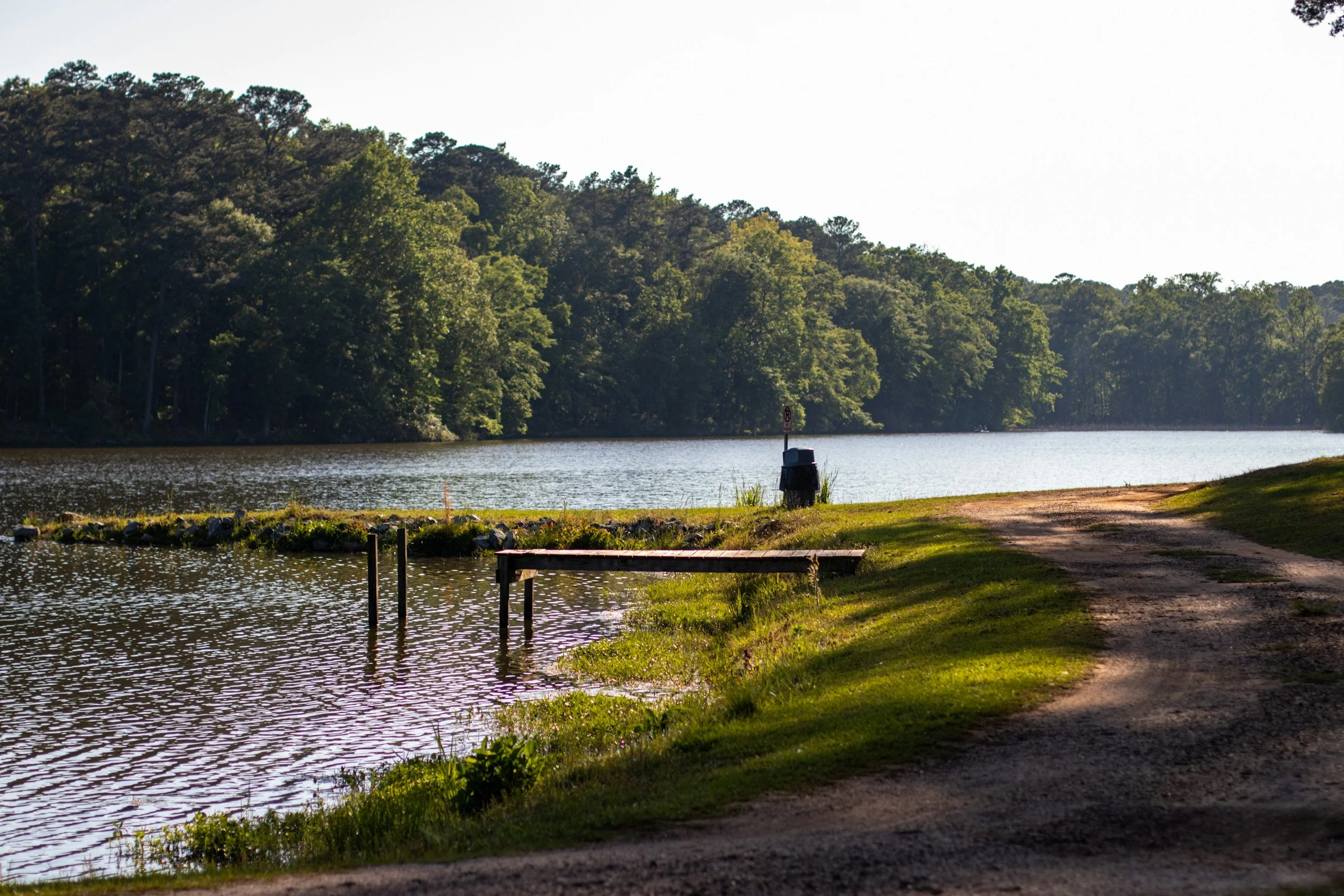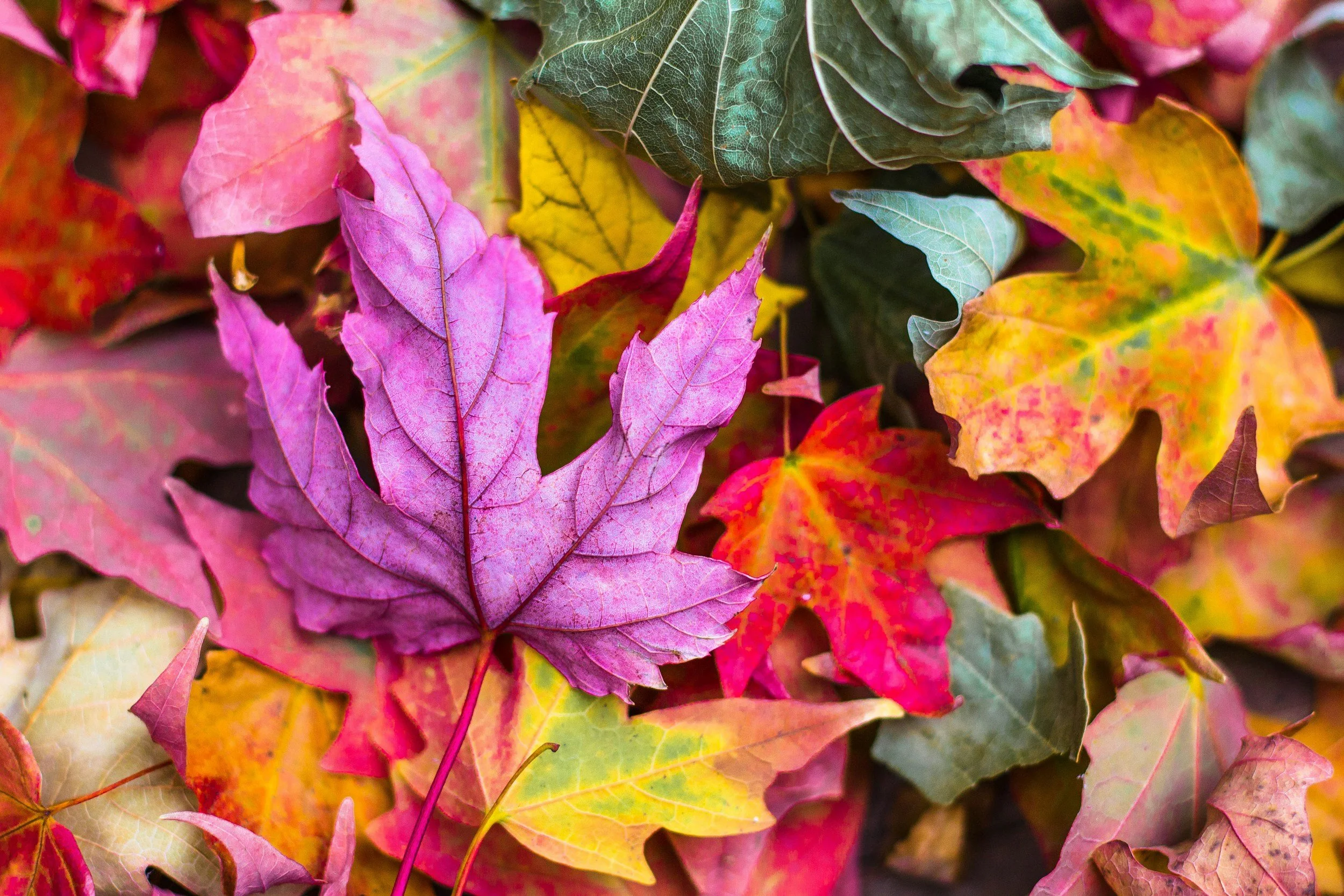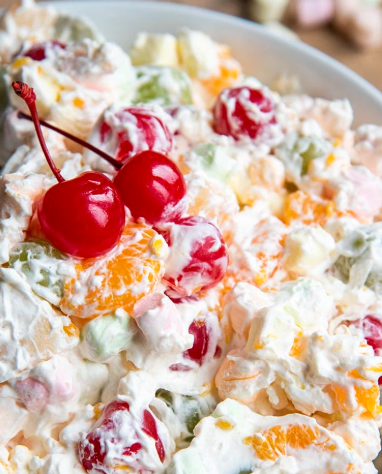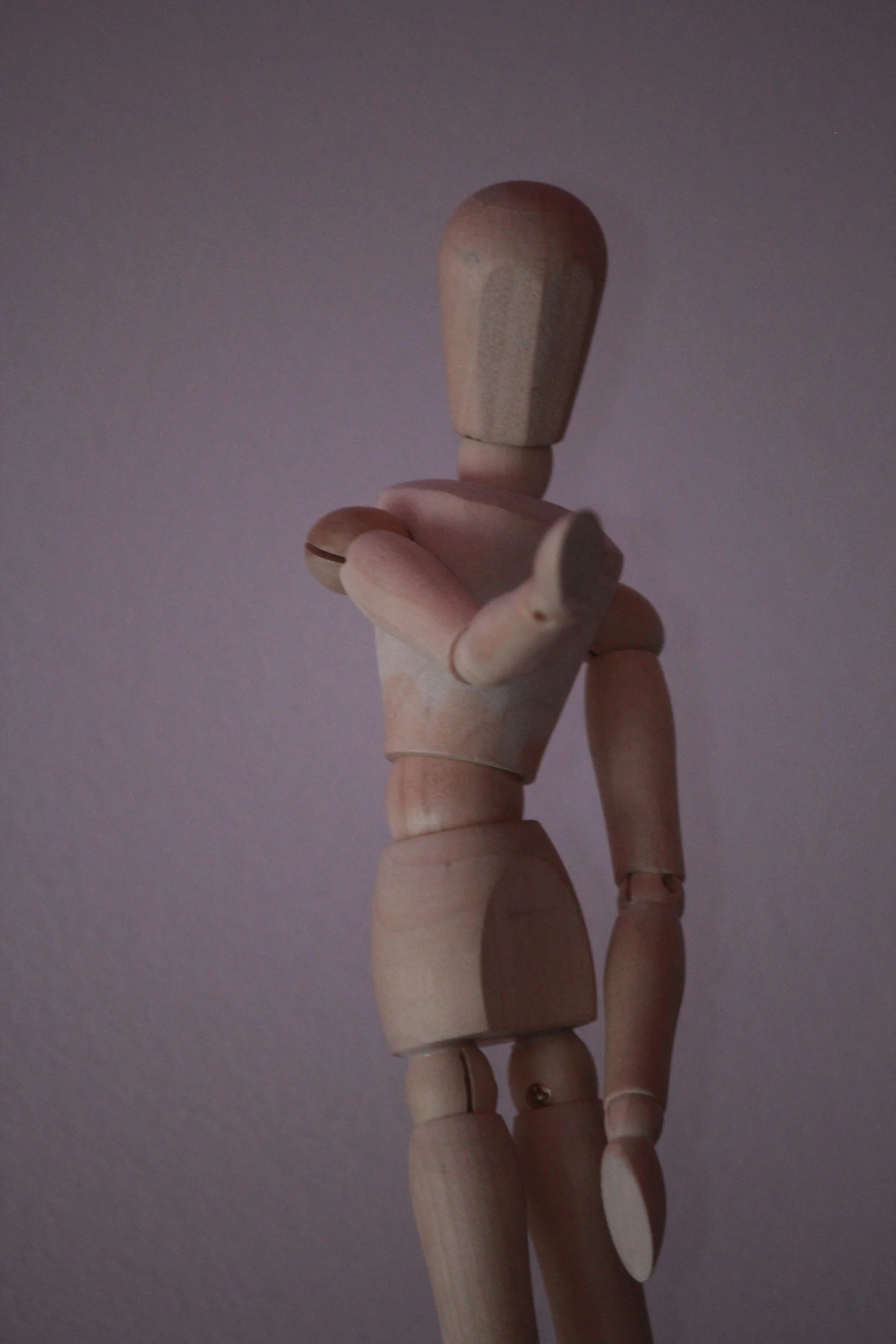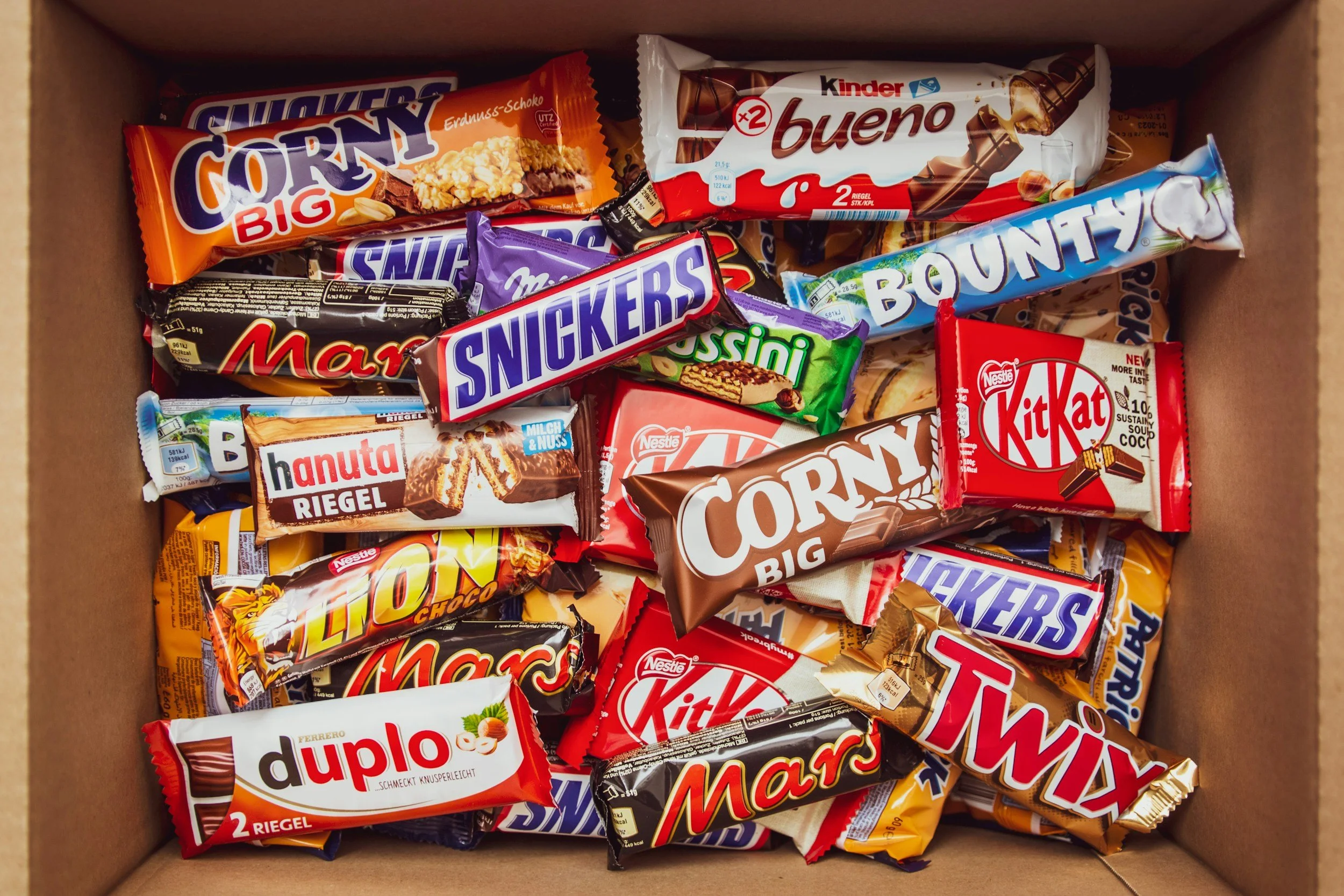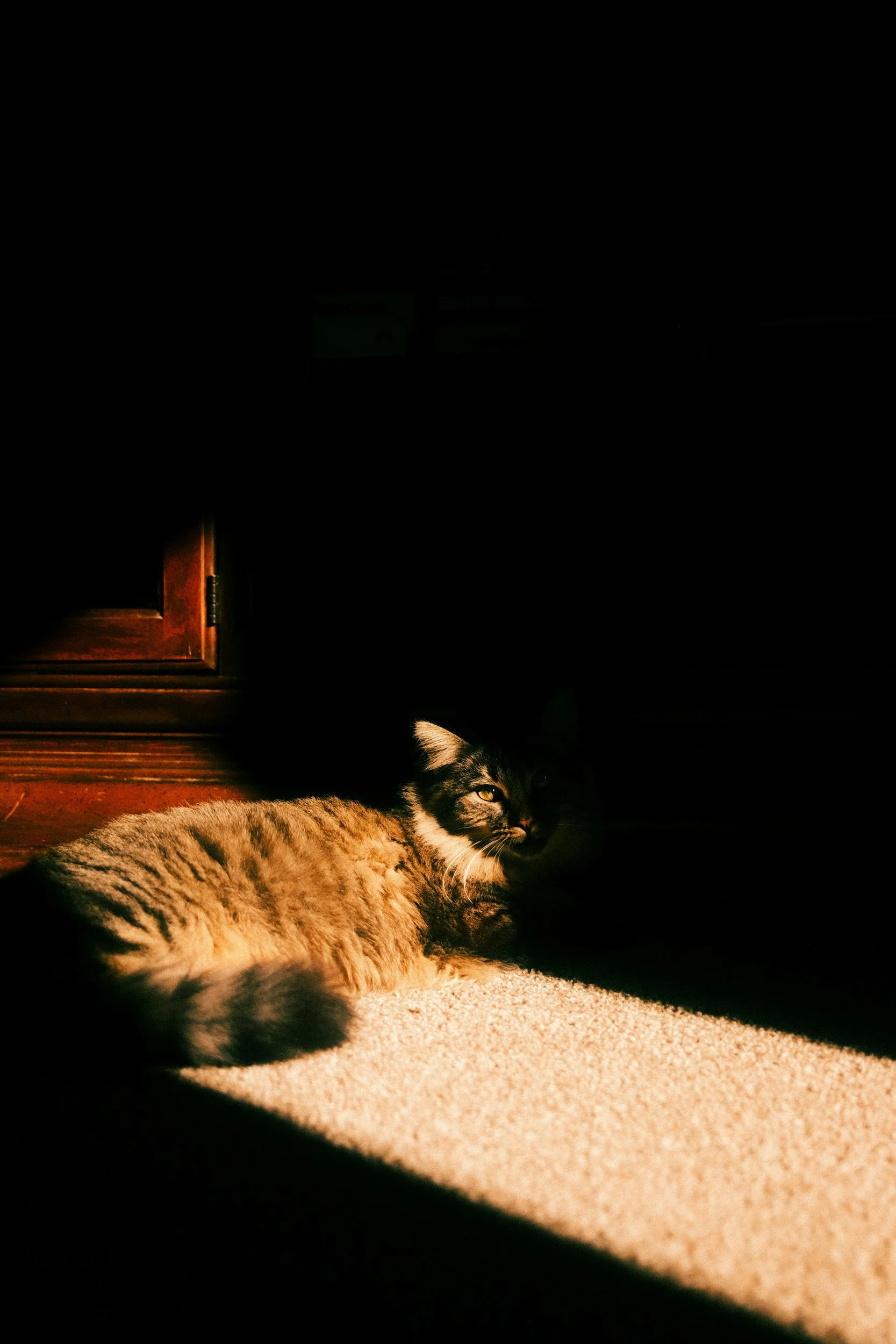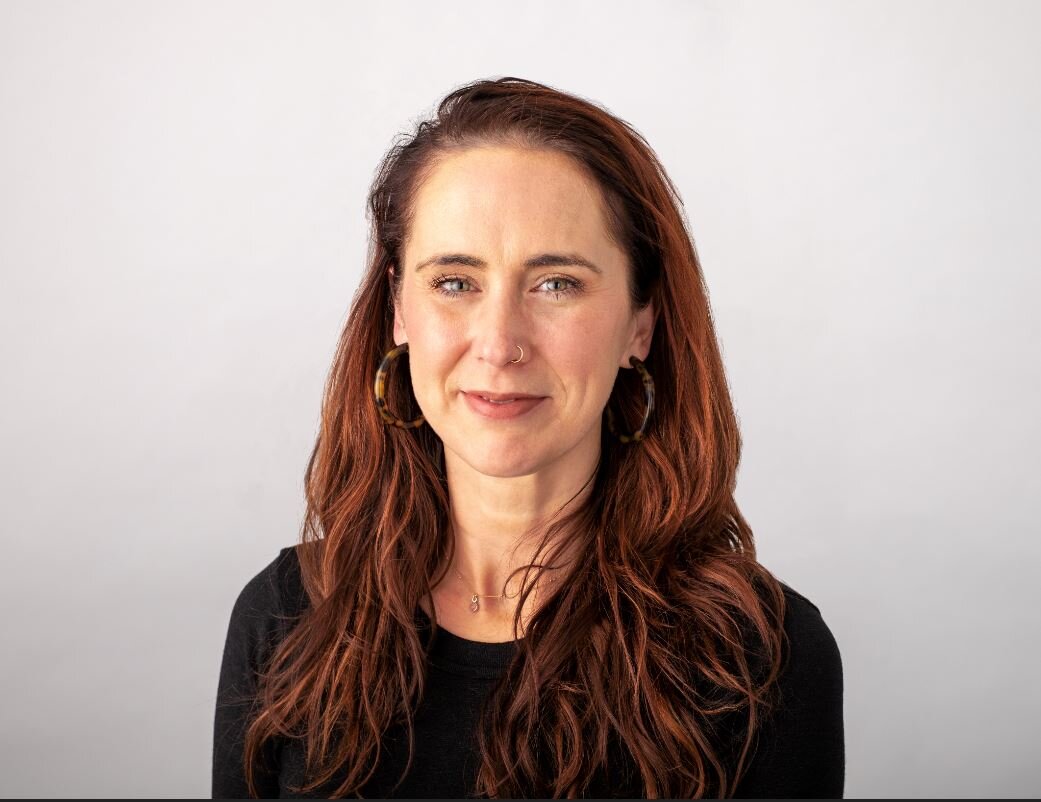Coffee Dates that Could've Been: On Fierce Friendship in the Face of Loss
My favorite book by bell hooks is in my friend Kjersten’s house, I think. We’d spent a Friday afternoon in my kitchen with fellow mom friends, our circle’s version of Happy Hour, discussing love, grief, loss, and healing, our children tossing a football around outside. I mentioned my love for hooks and her writing on such topics, and Kjersten expressed interest. I told her hooks’ words changed how I approached my most meaningful relationships, helped me understand past communication breakdowns. hooks pushed me to embrace honesty and openness, to recognize love as a verb: “To love somebody is not just a strong feeling - it's a decision, it's a judgement, it's a promise.”
I gave Kjersten the book and told her she could pass it on when she finished, completing a hurried parking lot handoff as we shuttled our children between after-school pick-up and our cars. This is the way of mom friends--moments of kinship squeezed between parental duty and obligations when the hours between the end of the work day and bedtime are few and the tasks are many. Our love language is nearly all action, spoken through carpools, childcare coverage, shared juice boxes and snack packs, and ongoing appreciation and celebration of each other’s kids. Through this language, we love each other well.
Both voracious readers, Kjersten and I never sat down to discuss bell hooks. She died the morning of December 1, 2019, along with her two boys, William and Nelson, taken from us in an act that will never hold an explanation or a silver lining. Knowing my own habits and my miles-high to-read pile, I’m not sure if the book made its way up her stack as the busy months ticked by. I never asked.
The night of December 1st, I lay in bed next to my husband in our shared sea of bewilderment. Sleepless, we chose to give our kids the night of rest and tell them the news in the morning. I tried to prepare answers to the questions I knew they would ask -- questions we were asking ourselves. I remembered bell hooks’s musings on grief, love, and the need to change and heal, her call for honesty and openness. I knew hooks’s words would provide the closest thing to our response, knew I’d underlined something, somewhere that would give us direction and guide our understanding. I knew that like the answers to our many, many questions, the book would never reach my hands.
Kjersten and I were a part of a group of women who deemed each other sisterwives, our sort of marriage consummated by hundreds of hours together in parks, gymnasiums, and kitchens. We were not tied by rings, posed photos, or intentional vows, but by picnic tables, Halloween photos, and “I’m running late” texts, a happenstance circle that grew as our children moved together through grade school. As the news of Kjersten and her sons’ deaths unfolded, our circle catapulted into a new arena, our communication constant, our heartache mutual. As women who lost one of our own and parents of children grieving their friends, we held each other during those winter weeks. We showed up daily to the cafeteria, to the playground, to parent pick-up tables with faces betraying our fury, exhaustion, bewilderment, and grief, to an intimacy that felt new. We watched each other break, and we broke together as we walked through rooms and routines that previously held normalcy, comfort, and the beautifully mundane.
In my last one-on-one conversation with Kjersten, we laughed about our shared tendency to make things -- cross-stitch, knit scarves, baked goods -- and our failure to keep them for ourselves. We bonded over our shared identities as working moms who frequently parented alone, she due to divorce and I due to a partner who travels internationally for work. We talked about the importance of the pursuit of friendships in adulthood, about grief and loneliness and new beginnings. Then time constraints took over, and then time was gone.
During the weeks that followed Kjersten and her sons’ deaths, I felt strangely close given our newly burgeoning friendship. At school, all eyes were on those of us who were known to be connected to the family. In our larger metro community, people knew from press coverage that my children attended school with Kjersten’s boys, and many friends recognized their faces -- faces that were in the news for days -- from Instagram posts and holiday social gatherings. I found myself in a position to answer the myriad questions brought my way, but also feeling the need to explain that our friendship only recently crossed the threshold from mom-friends to friend-friends.
As I attempted to maintain my routines and responsibilities, I started crying at the exact same spot every morning on my way to work after I’d left my driveway and before my daily coffee stop. I would gasp in my car, driving and crying with my eyes open, always thinking that if my grief and trauma had knocked me to my knees, what about the people for whom Kjersten and her boys were family, best friends? I knew that many, many people were closer to this loss, hurting more than I and in a way I can’t fathom. I have never known sadness and rage like this.
After a week of parking outside of the shop, forcing my tears to stop, and slapping on lipstick, my energy ran out. I walked in to buy my coffee, looking as I felt. The barista asked how my morning was, per usual, and this time I answered: “My friend and her sons were murdered by a man I knew, and that’s how my morning is.” The barista, no older than 24, looked at me without blinking. She held eye contact and said, “I am so sorry. I heard the story. I know her face. She would come in the shop sometimes.” One more thing I didn’t know about someone I counted as a friend, a simultaneous gift of closeness and dose of grief over yet another piece of common ground with a woman I knew but didn’t.
Months later, the story is still surreal and still ours. My playground moms and I are living life post-trauma, we know how grief plays out, and we have seen how it rocks children, adults, and communities. In our own ways, we circle on the loss of one of our own, fixating, spiraling on the pieces of Kjersten that we have. I find myself going back to our last texts between each other, a rare departure from our mom group chat. I reread messages that came hours after a shared bottle of wine in my kitchen. That afternoon I spoke with honesty and openness like bell hooks says, words that are somehow awkward and abnormal for adults to say: “I really would like to pursue a friendship with you. Is that okay?” And Kjersten, ever graceful, said, “Yes. Please.” Her thank you that evening told me how much the hours together were needed, that she looked forward to many more. She told me to buy myself some beautiful yarn and knit myself something to keep. She said she’d just bought materials to make a project for herself. I wonder if she finished it and held true to her promise to keep it for her own.
bell hooks taught me love is a verb, a decision, a judgment, and a promise. hooks also speaks to agency and love in the wake of unchosen and unnecessary suffering. As I love my friend with an intention, decision, and promise that has grown fiercer in the face of loss, so do I grieve. In this life marked by uninvited suffering, when love is lived through action, I pull up to the coffee shop that I now think of as ours. I pause. I say Kjersten’s name out loud. I order my drink and consider buying a second cup, leaving it on the table, an homage to coffee dates in spirit, the ones that could’ve been. I seize moments leaning on kitchen islands, embrace honesty and openness, and continue to pursue new, meaningful friendships in moments that feel right, allowing this wound to become something more than a scar, something more in keeping with the spirit of my friend, ever graceful, ever patient, ever kind. I will buy the yarn, squeeze in moments, and knit something beautiful, and I will keep it for Kjersten, for us, for me.
-Laurie Hahn Ganser
Laurie Hahn Ganser is a mother, partner, and fierce advocate of the written word. Her professional days are spent championing reading and writing in public schools and supporting educators through curriculum coordination and instructional coaching. Her personal time is spent momming her two children, Lydia and Holden, frequenting indie bookstores, and loving on all of the quirky fun Minneapolis has to offer. Laurie's writing can be found at the Huffington Post, Shakesville, and Medium.


